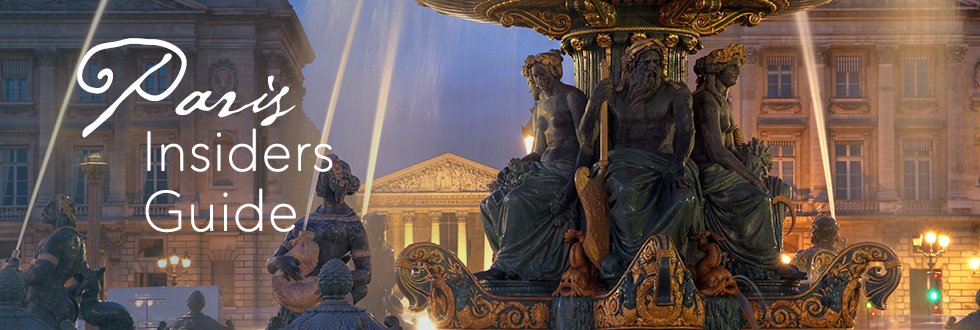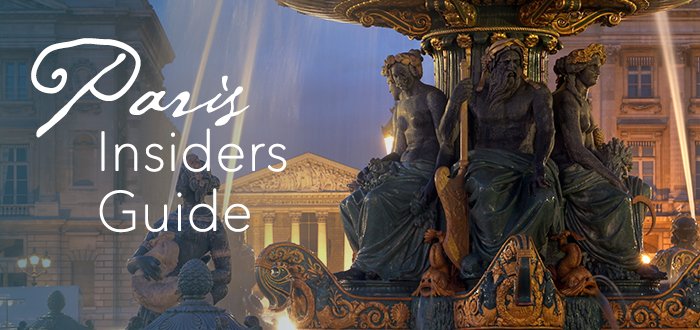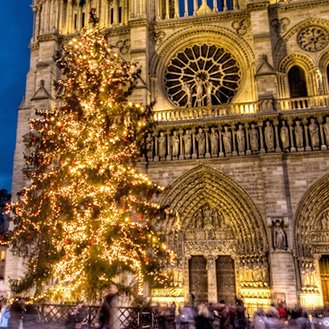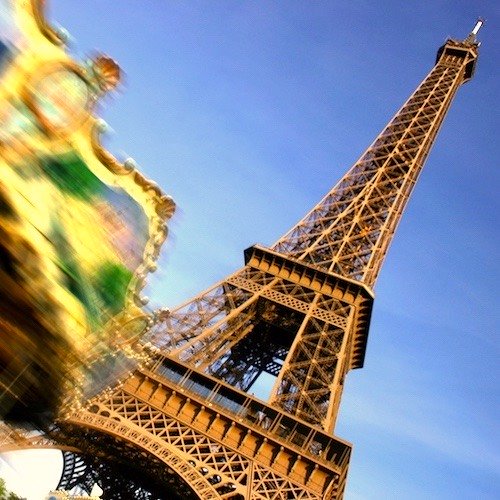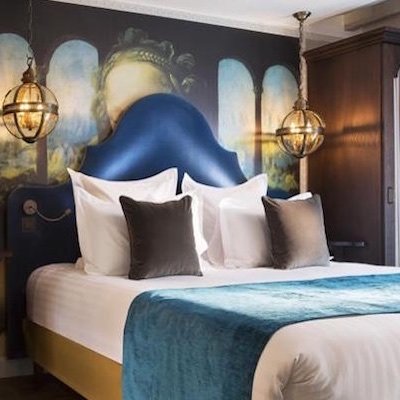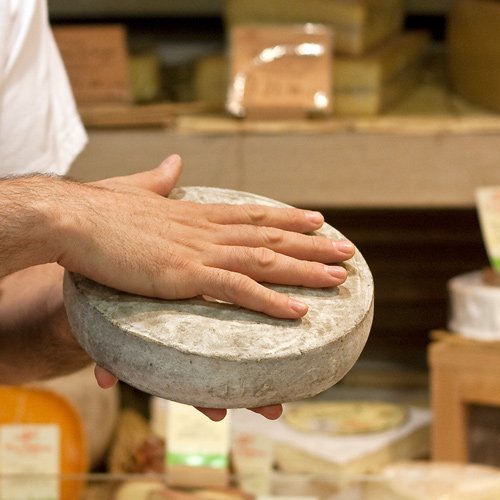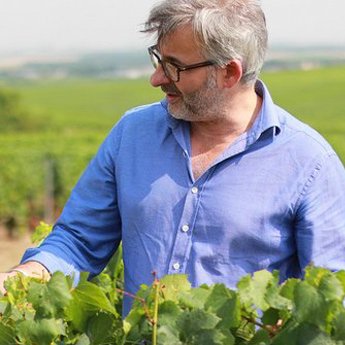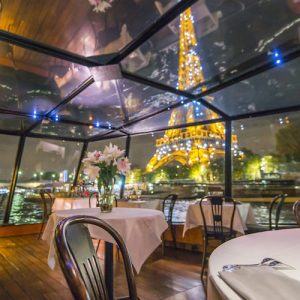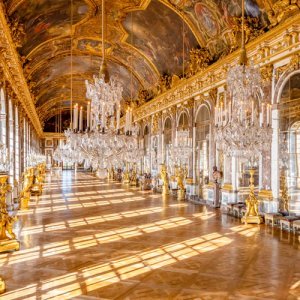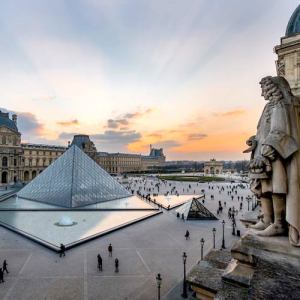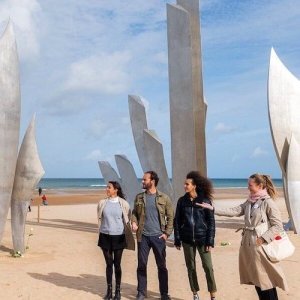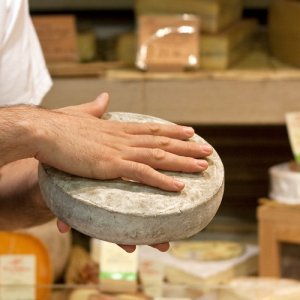Exploring Bois de Vincennes – Paris's Expansive Green Oasis
Bois de Vincennes, with its serene lakes, historic castle, and classical Temple of Love, is both a legacy of Napoleon III and a living testament to over a thousand years of history. Stretching across 2,459 acres, it's the city's largest green space, often called the city's "right lung" for the fresh air and outdoor space it brings to residents and visitors alike. (The Bois de Boulogne being the "left lung".) Vast enough to fit the first six arrondissements and still have room to spare, Bois de Vincennes offers endless opportunities for adventure and relaxation.
![]()
Our Top-Rated Paris Attractions Tours
1. Skip-the Line Eiffel Tower Tour… Don't waste your precious time in Paris standing in line
2. The Palace & Gardens of Versailles… The opulent royal life in France
3. A Taste of Montmartre Food & Wine Tour… Culinary tour of the village on the hill
4. Louvre Masterpieces Tour… Skip the lines and go directly to the Mona Lisa
Trails, A Castle & A Farm
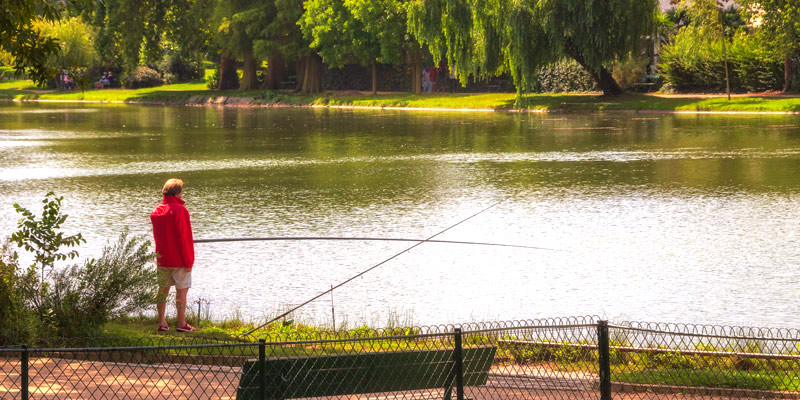 Fishing at Bois de Vincennes, photo by Mark Craft
Fishing at Bois de Vincennes, photo by Mark Craft
A ride on Metro Line 1 brings you to the eastern edge of Paris and into the heart of Bois de Vincennes, a perfect escape from the city's hustle. Within this expansive park, you'll find kilometers of walking and cycling trails, boat rentals for lazy afternoons on the lakes, a historic castle with a storied past, and even a cute children's farm. The park offers plenty for everyone, from mini-golf and manicured gardens to one of Europe's foremost zoos. Let's take a look at some highlights of this beautiful natural retreat.
![]()
Discover What's On When You're Here...
• January... |
• February... |
• March... |
• April... |
• May... |
• June... |
• July... |
• August... |
• September... |
• October... |
• November... |
• December... |
Discover What's On When You're Here
• January...
|
• February... |
• March... |
|---|---|---|
• April... |
• May... |
• June... |
• July... |
• August... |
• September... |
• October... |
• November... |
• December... |
The Four Lakes of Bois de Vincennes
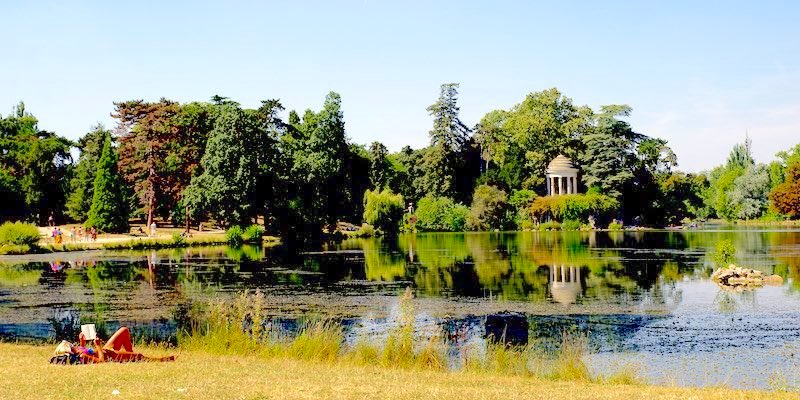 Lac Daumesnil & the Temple of Love
Lac Daumesnil & the Temple of Love
The four lakes of Bois de Vincennes are steeped in the Romantic ideals of the 19th century, each designed to inspire peace and a sense of natural beauty. Three of these lakes are artificial, one is natural, each surrounded by lush landscapes, waterfalls, and even a few architectural surprises.
Lac Daumesnil, with its two islands and expansive lawns, resembles a pastoral painting. Lac des Minimes brings a medieval touch with remnants from a monastery and a gentle cascade feeding into the lake. To the southwest, Lac de Gravelle is the smallest, an intimate spot for quiet moments. Lac de Saint-Mandé, perched at the highest point, channels water from the Marne River through artificial streams to the other lakes, adding to the park's gentle charm.
![]()
Romantic Dinner Cruises In Paris
|
VIP Dinner Cruise with Bateaux Parisiens |
Dinner Cruise by Maxim's of Paris |
|
VIP Dinner Cruise with Bateaux Parisiens |
Parc Floral de Paris
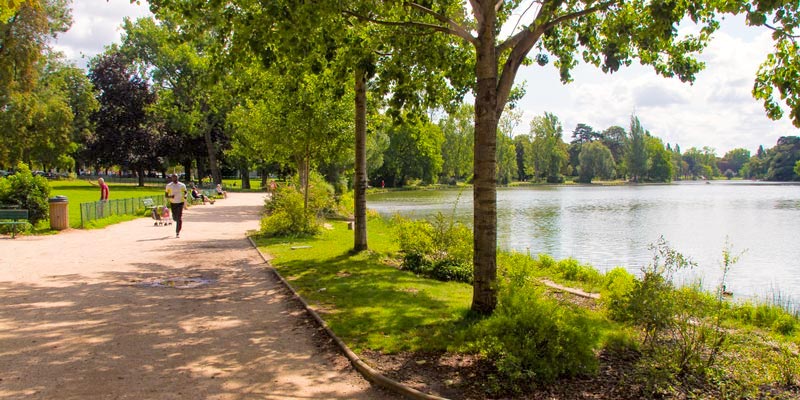 A pathway skirts the lake at Bois de Vincennes, photo by Mark Craft
A pathway skirts the lake at Bois de Vincennes, photo by Mark Craft
Parc Floral de Paris was created in 1969, drawing inspiration from the 1964 Tokyo Olympics. The 69-acre garden features hundreds of iris varietals, a sculpture garden, and a monumental fountain. There's a greenhouse dedicated to bonsai. It's also a popular venue for a number of free special events during the year, including the Paris Jazz Festival, the Peacock Festival, and Festival Classique au Vert. This is also where you'll find a parcours course and a 18-hole mini-golf course designed as a miniature version of Paris, replete with all the famous monuments.
The Paris Zoo
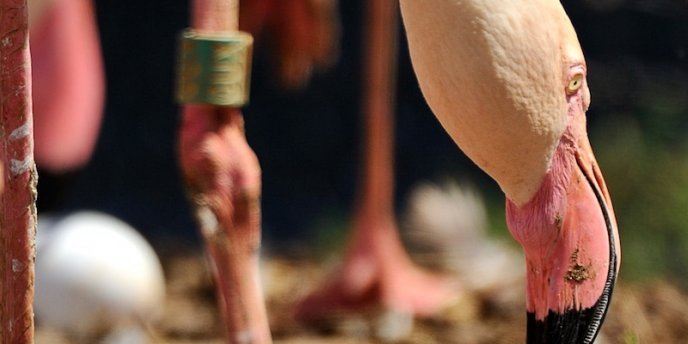 At the large Paris Zoo
At the large Paris Zoo
The Paris Zoological Park (Parc Zoologique de Paris) opened in 1934. The most popular and enduring feature is the 215-foot high artificial mountain. The zoo has recently undergone a multi-year, 200-million Euro transformation, reopening in 2014. Today, it's a state-of-the-art zoo with five realistic biozones where animals live as near to their natural habitats as possible.
![]()
Find Hotel Deals for Your Dates in France
Check with Booking.com to find today's sale prices on hotel rooms in every village & city in France. Save 20% to 30%… or even more! |
Booking.Com France Hotel Deals |
Find Hotel Deals for Your Dates in France
Booking.Com France Hotel Deals |
A Brief 1,000-Year History of Bois de Vincennes
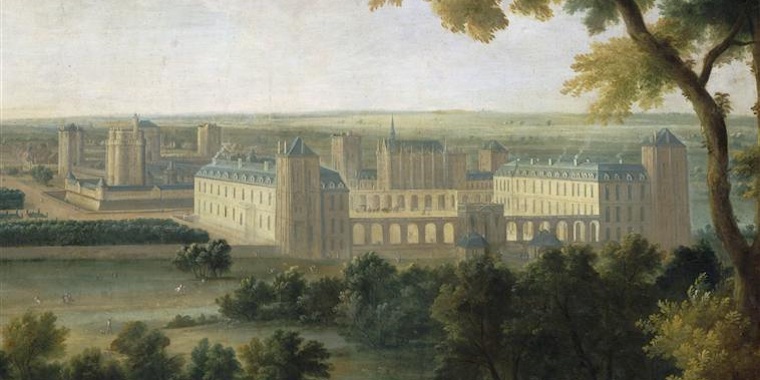 Chateau de Vincennes in 1724
Chateau de Vincennes in 1724
Mirroring the Bois de Boulogne, the large park on the west side of Paris, Bois de Vincennes was historically used as a hunting ground for royalty. Louis VII (1137 to 1180) built the first hunting lodge here, where the chateau now stands. In 1336, Philip VI began construction of the Chateau de Vincennes.
In 1654, Louis Le Vau (the royal architect who designed Versailles) was commissioned to build a palace for the Sun King, Louis XIV. The new Chateau de Vincennes was popular for a time until Versailles captured Louis' heart. It was Louis XV who opened the park to the public and had hundreds of new trees planted. In 1794 much of Bois de Vincennes was transformed into a military site and would become the main training ground for Napoleon's Grande Armée.
In 1854, forty years after the fall of Napoleon, his great-nephew Emperor Napoleon III and the latter's sidekick, Baron Haussmann, began the transformation of Bois de Vincennes into a leisure escape for the large population in the east of Paris. Of course, Haussmann did more than just re-jig the bois — his master plan for Paris included improving traffic circulation, building a new water and sewage system, creating the broad boulevards we see today, and turning the city into an oasis with a network of parks and gardens. This was a crucial step in creating a place for the bourgeois class of the Belle Epoque to enjoy the good life.
But Haussmann didn't do all the work by himself…
![]()
The Left Bank Of Paris – Top Things To Do
|
Dinner & Cabaret at Paradis Latin Theater |
Chocolate & Pastry Walking Tour of Saint-Germain-des-Prés |
The Left Bank Of Paris
|
Dinner & Cabaret at Paradis Latin Theater |
The French Engineer You've Never Heard Of
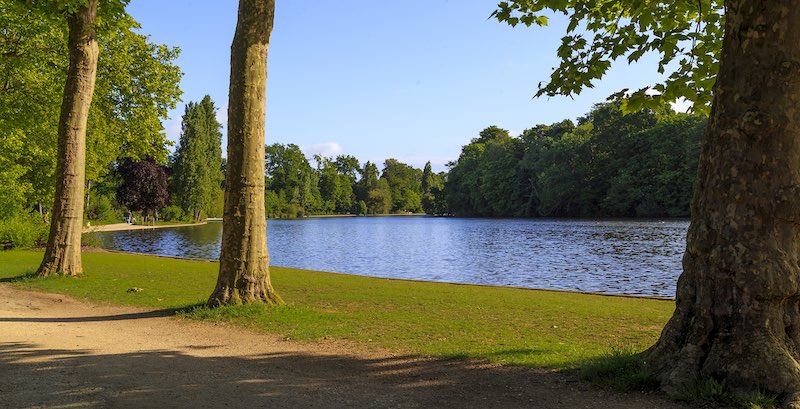
To execute his ideas, Haussmann enlisted top engineer Jean-Charles Alphand, who had proven his skills in his work at Bois de Boulogne. Think of Alphand when you visit the Paris parks built by him during the 19th century — Bois de Boulogne, Parc Monceau, Parc des Buttes-Chaumont, and Bois de Vincennes.
Alphand believed his job was to recreate nature, not copy it. In his arsenal were lawns, groves of trees, flower beds, streams, lakes, and winding paths. Not just an engineer, Alphand also was an entrepreneur who thought of ways to attract visitors to help pay for the park. A large horse-racing track was built at Vincennes to rival the Longchamps hippodrome at Bois de Boulogne, and cafes and amusements were opened at the each of the four lakes.
He had his work cut out for him given the core of the park was a military training field with forts, firing ranges, and an ammunition factory. Alphand solved the problem by annexing land to create satellite parks, each with its own lake and picturesque landscape.
All of these achievements were on display when the The 1900 Summer Olympics were held in Paris and the majority of events were held in the Bois de Vincennes. The cycling velodrome was built with seating for forty thousand spectators. It was in the bois that the first international cricket match between England and France was played.
In 1929, the Bois de Vincennes was brought into the Paris city limits as part of the 12th Arrondissement.
![]()
Our Most Popular Day Trips from Paris
|
Spend a Day in the Champagne Region |
Visit the Historic D-Day Beaches |
|
Visit the Historic D-Day Beaches |
Bois de Vincennes Resources
- Metro Line 1, Chateau de Vincennes
- Metro Line 8, Liberté
- RER A, Vincennes & Fontenay-sous-Bois
- Parc Floral de Paris website…
- Bois de Vincennes Minigolf…
- Paris Jazz Festival…
- Paris Zoological Park…
- Guide to the Bois de Boulogne…
- Baron Haussmann Rebuilds Paris…
- Paris Gardens & Parks…
Paris Planning Guides
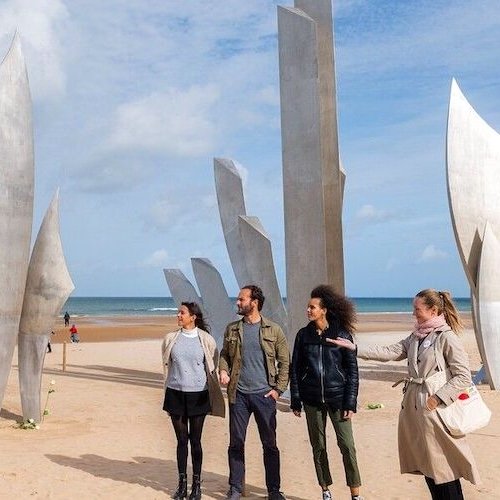 Historic D-Day Tours
Historic D-Day Tours |
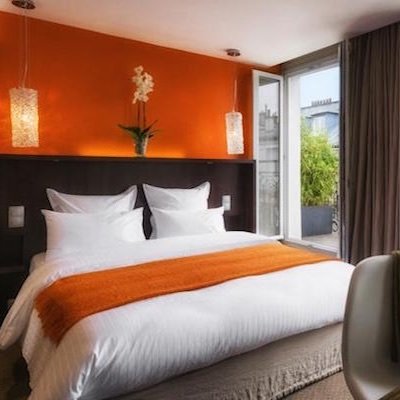 Boutique Hotels
Boutique Hotels |
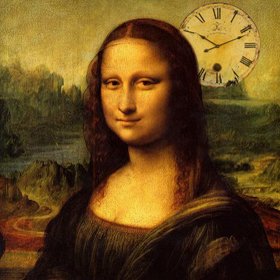 Skip-the-line Louvre Tour
Skip-the-line Louvre Tour |
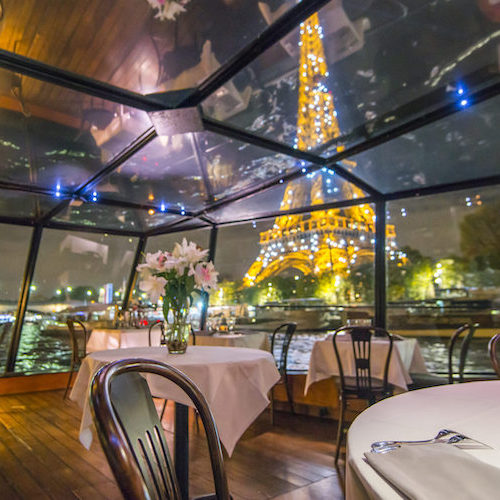 Glorious Dinner Cruises
Glorious Dinner Cruises |
